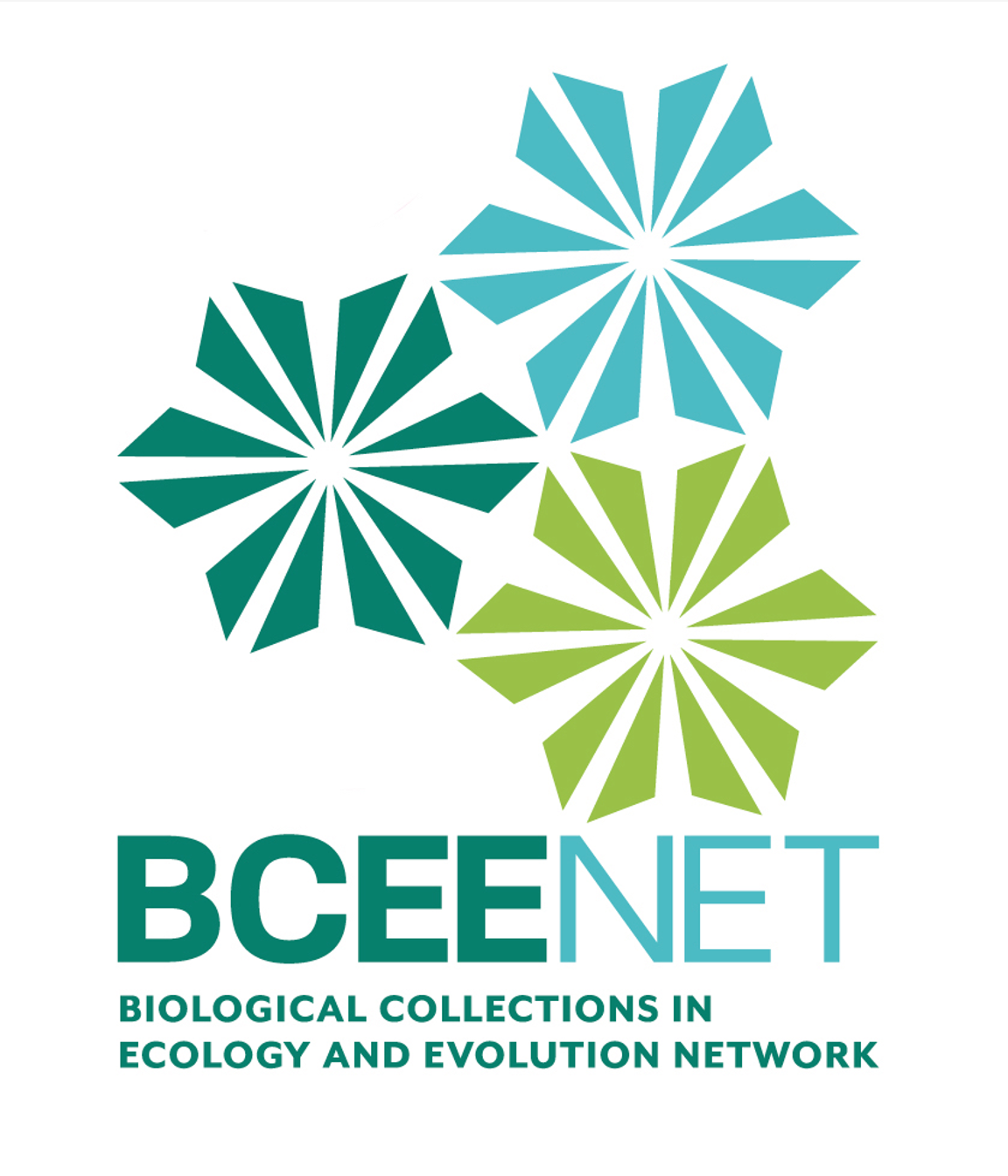The Importance of an ORCID
Author(s): Siobhan Leachman1, Adania Flemming2, Makenzie Mabry3, Molly Phillips4, Shawn Elizabeth Zeringue-Krosnick5, Jennifer Kovacs6, Olubunmi Aina
1. Aotearoa New Zealand Wikimedia User Group 2. iDigBio, FLMNH 3. Florida Museum of Natural History, University of Florida 4. iDigBio, Florida Museum of Natural History, University of Florida 5. Tennessee Tech University 6. Spelman College
694 total view(s), 182 download(s)
Description
ORCIDs are free, unique, persistent identifiers for individuals to use as they engage in research, scholarship, and innovation activities. A Persistent identifier (PID) is a long-lasting and globally unique reference to a digital resource that cannot be reused to refer to a different object. Since names are not unique, a particular author's contributions to the scientific literature or publications can be hard to recognize. Names can change (such as with marriage), have cultural differences in name order, contain inconsistent use of first-name abbreviations, and employ different writing systems. ORCIDs provide a persistent identity for humans, similar to tax ID numbers or social security numbers. Using ORCIDs can potentially help ensure everyone gets credit for their work, therefore hopefully minimizing the amount of future hidden figures in natural history collections and science in general.
The purpose of this lesson is to introduce students and instructors to the use of ORCIDs (Open Researcher and Contributor ID), and to walk students through the process of registering for an ORCID. This module also helps explain the importance of obtaining an ORCID for anyone involved in research which brings this work full circle in that students can track their own contributions through the site. While most researchers wait to register for an ORCID until they have published, or are about to publish a paper, this potentially equates to missing out on receiving credit for contributions made through community science work, class work, or individual projects and collaborations. ORCIDs can also be used as a type of online CV for students to display their work and easily share their contributions as they apply for internships, scholarships, and jobs.
Learning Objectives
After completing this module, students will be able to:
-
Register for an ORCID.
-
Recognize and communicate the importance of an ORCID.
-
Populate their own ORCID with their data.
-
Navigate the ORCID website to learn more about other researchers.
Intended Audience: Undergraduate and Graduate courses. Suitable for in-person, hybrid, or online courses in biology and social sciences.
Learning Time: 1-2 hours
Required Resources: Access to computers and internet.
This work is funded by the National Science Foundation under grant number 2120063. Any opinions, findings, and conclusions or recommendations expressed in this material are those of the authors and do not necessarily reflect the views of the National Science Foundation.
Cite this work
Researchers should cite this work as follows:
- Leachman, S., Flemming, A., Mabry, M., Phillips, M., Zeringue-Krosnick, S. E., Kovacs, J., Aina, O. (2023). The Importance of an ORCID. BCEENET- Biological Collections in Ecology & Evolution Network, QUBES Educational Resources. doi:10.25334/TPF8-HW81
